
views
* Kalavathy (26) lost her husband in a road accident five years ago. To claim insurance, she hired a lawyer, who assured her that his professional fee would be reasonable. After five years of litigation, a court awarded her Rs 6 lakh as compensation. The ‘reasonable’ lawyer has changed his tune. “Now he wants 50 per cent of the compensation as his fee,” groans Kalavathy.
* Six years ago, a lorry hit Yadavan’s father, a fisherman, on the East Coast Road. He was admitted to a general hospital where he battled for life for a week before succumbing. A lawyer materialised out of nowhere and promised to help Yadavan get his father’s insurance cover. After much running around, the amount was released a few weeks ago. The lawyer’s cut: one-third of the compensation.
Exactly two weeks ago, Madras High Court Chief Justice M Yusuf Eqbal articulated the pain of the Kalavathys and Yadavans at a event in Coimbatore, saying, “It is a great sin to the legal profession that lawyers are taking a percentage of the compensation awarded to accident victims. In Motor Claims Tribunal Original Petition cases, legal ethics should come into play. When family members of an accident victim seek legal help, lawyers must take it as a god-given opportunity to serve the people.”
Sadly, for a section of the men in black, professional ethics take a backseat as their lubricant to run the machine that churns out accident compensation is way too overpowering. It all starts with handshakes and sharing of business cards by advocates at Traffic Intelligence wings in the city’s police stations, at government general hospitals and at morgues. When a person meets with a road accident in Chennai, the Traffic Intelligence wing files a first information report (FIR), makes an entry in the accident register and draws an accident sketch. “To file a petition for an accident compensation claim, these three documents are crucial. You can’t file a petition without them. And, it’s not easy to get copies of the three documents without greasing the palms of officials of the Traffic Intelligence wing,” says Subramaniam, an advocate.
There is no philanthropy at work. It is hardcore business. “To ensure that a particular lawyer gets cases referred to him, the lawyer parks Rs 3-5 lakh with a Traffic Intelligence wing. Each time the police refer a non-fatal compensation claim case to that lawyer, they deduct a specified amount, say Rs 10,000, from the amount,” points out Subramaniam.
After deducting Rs 10,000, the traffic police hand copies of the FIR, accident register and accident sketch to the lawyer to enable him to file the client’s petition for compensation claim. The Traffic Intelligence wing’s cut depends on the length of the lawyer’s association with them. For a rookie, it could be as much as Rs Rs 15,000; for veterans, as low as Rs 7,000.
“For a fatal case referral, the traffic cop’s cut is bigger: Rs 15,000 a year ago and Rs 25,000 now,” claims Subramaniam. “When the ‘deposit’ reaches around Rs 50,000, the cops put the lawyer on notice. It’s something like a minimum deposit in a bank,” adds Subramaniam. With an average of 40-50 accident cases filed at each wing in the city every month, some men in uniform definitely take home a fat wallet while victims of accidents groan.
According to a ballpark estimate by advocate Venkataraman, “Seventy per cent of road accident cases in Chennai get routed to lawyers by the traffic police.”
The first move could be made right at the accident site, with a ‘helpful’ traffic policeman sharing business cards or contact numbers of lawyers with the victim’s family, suggesting they engage one. “But if they hire a lawyer who is not on the police shortlist, he could struggle to get copies of the FIR, accident register and accident sketch without greasing the palms of cops,” explains Venkataraman.
The next point to look for clients is general hospitals. Lawyers leave their cards with the hospital staff (usually a helper or ward boy) who help route cases. The commission here is not much: an average of Rs 2,000-3,000 per case.
Govindarajan, a high court lawyer, says, “The whole network runs like a well-oiled machine. Private hospitals are also part of it. Some of them have strong connections with lawyers and refer accident claim cases to them for a commission.”
The final pick-up point for claim cases is the morgue. When this reporter posed as kin of an accident victim looking for a ‘good lawyer’ to help with the claim, a worker in one of the city’s mortuaries offered a couple of business cards of lawyers, saying, “Call any of them. They will definitely help.”
(All names changed)












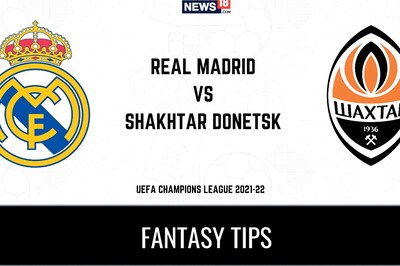

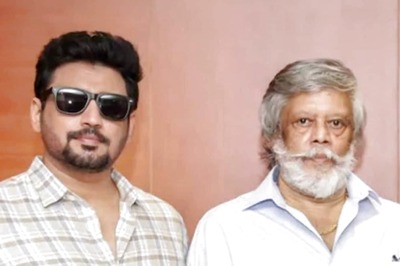
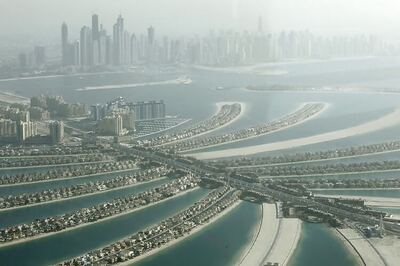
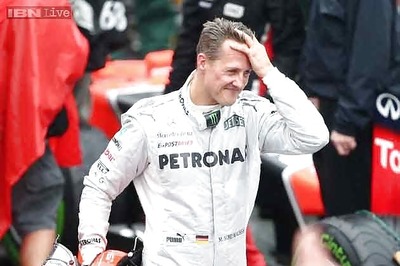
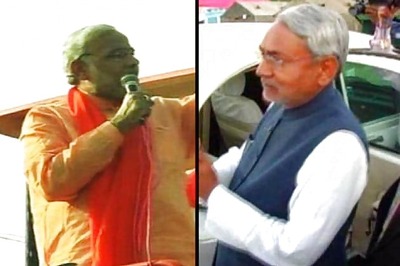
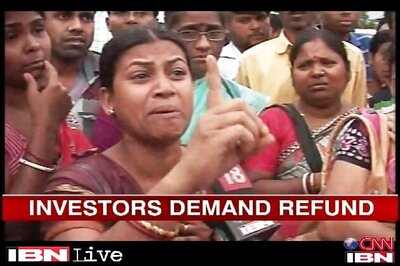

Comments
0 comment